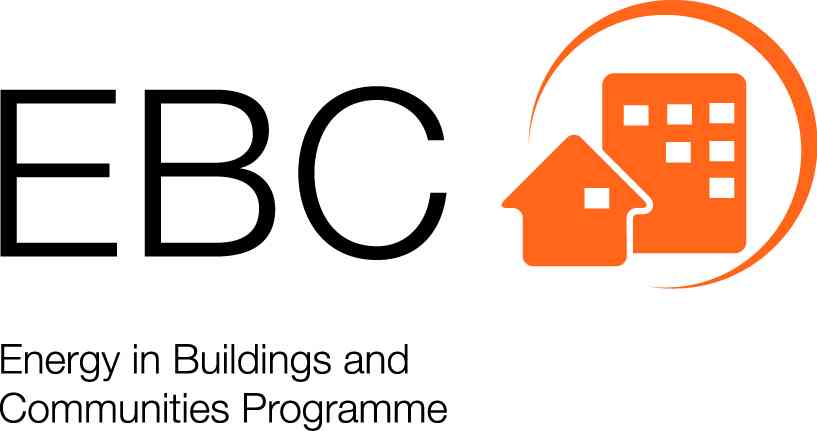New generation computational tools for building and community energy systems based on the Modelica and Functional Mockup Interface standards

Annex 60 overview.¶
News
- September 2017: The final report of Annex 60 has been published.
- August 2017: Annex 60 is now continued as IBPSA Project 1.
- January 2017: Modelica Annex 60 library released.
- October 2016: GENSIM Scientific School slides posted.
- May 2016: Draft workplan and registration form for IBPSA Project 1 posted.
- May 2016: 6th expert meeting of research phase.
- December 2015: IBPSA Board approved continuation of Annex 60.
The objectives of Annex 60 are to develop and demonstrate next-generation computational tools that allow building and community energy grids to be designed and operated as integrated, robust, performance based systems.
Annex 60 will share, further develop and deploy free open-source contributions of currently uncoordinated activities in modeling and simulation of energy systems of buildings and communities, based on the Modelica and Functional Mockup Interface standards. The project will create and validate tool-chains that link Building Information Models to energy modeling, building simulation to controls design tools, and design tools to operational tools. Invention and deployment of integrated energy-related systems and performance-based solutions for buildings and communities will be accelerated by extending, unifying and documenting existing Modelica libraries and by linking existing building performance simulation tools with Modelica through the Functional Mockup Interface standard. The technology will allow optimized design, analysis and operation of multi-domain systems as posed by building and community energy systems. It will also allow using models across the whole building life cycle to ensure realization and persistence of design intent.
The end-products will be:
Validated and documented models that can be used by designers, manufacturers, control providers, researchers and students with multiple open-source and commercial Modelica simulation environments.
This library can be downloaded from https://www.iea-annex60.org/releases/modelica/1.0.0/Annex60-v1.0.0.zip and browsed online at https://www.iea-annex60.org/releases/modelica/1.0.0/help/Annex60.html.
It will be further developed through the IBPSA Project 1.
New algorithms, implemented in existing building simulation programs and in co-simulation middleware, that allow efficient co-simulation and model-exchange through the Functional Mockup Interface standard.
Interfaces that allow designers to configure Modelica models from a Building Information Model compatible CAD system.
Case studies that demonstrate to designers the co-design of building energy and control systems under consideration of system dynamics (energy storage and controls), uncertainty and variability.
Case studies that demonstrate to urban planners and utilities the integration of buildings into a community-level energy grid.
Software and case studies that demonstrate to designers, control providers and students how to use models to assist in the operation of buildings.
A guidebook will demonstrate how these technologies can be used in applications that are beyond the capabilities of traditional building simulation programs. Applications include rapid virtual prototyping, design of local and supervisory control algorithms, and deployment of models in support of commissioning and operation. The working phase started in June 2013.
Duration |
2012-2017 (continued as IBPSA Project 1, 2017-2022) |
Status |
Finished. |
Operating Agents |
Michael Wetter (MWetter@lbl.gov)
Christoph van Treeck (treeck@e3d.rwth-aachen.de)
|
Annex text |
|
Final report |
